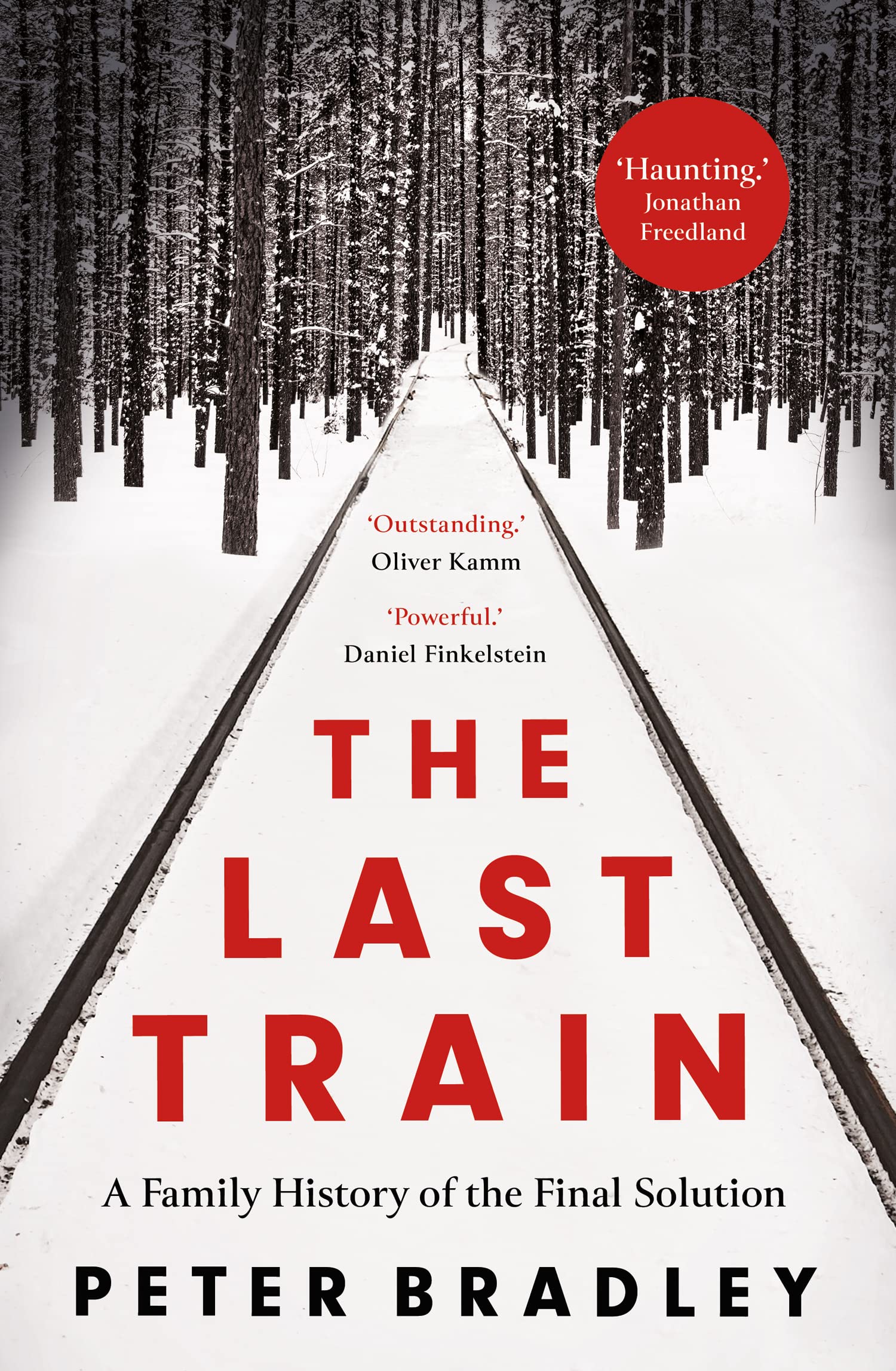內容簡介
內容簡介 ‘Haunting.’ Jonathan Freedland‘Powerful.’ Daniel FinkelsteinThe profoundly moving and deeply intimate story of one Jewish family’s fate in the Holocaust, following the thread from Germany to Latvia and to Britain.In November 1941, Peter Bradley's grandparents, Sally and Bertha Brandes, were deported from their home in Bamberg to their deaths in Latvia.The Last Train is a profound and moving homage to Peter’s lost family and to his father who rarely spoke of the traumas through which he lived.It is also his attempt to understand, through the prism of his family’s story, how the Nazis came to conceive and implement the Final Solution.Why did Sally and Bertha’s fellow citizens put them on the train that carried them to the killing fields?Why did the democracies which so loudly condemned Hitler’s persecution of the Jews deny them sanctuary?And why, when Peter's father finally reached Britain after five terrible months in a Nazi concentration camp, was he arrested as an 'enemy alien'?The quest for answers led Peter to explore the origins and evolution of an ancient hatred and the struggles against it of each generation of his family, from the Reformation, through the Enlightenment and the Age of Reform, to the catastrophe of the Holocaust.This is the powerful, poignant story of Peter’s journey through family papers and archives, through works of scholarship and the testimony of survivors, and from Bavaria and Buchenwald to the mass graves of the Baltic.And, reflecting on what he learned, he asks: in the events of our own times, we are all perpetrators or bystanders or resisters; which of those roles do we choose for ourselves?
作者介紹
作者介紹 Peter Bradley was the Labour MP for The Wrekin between 1997 and 2005. More recently, he co-founded and directed Speakers’ Corner Trust, a charity which promotes freedom of expression, open debate and active citizenship in the UK and developing democracies. He has written, usually on politics, for a wide range of publications, including The Times, The Guardian, The Independent, The New Statesman and The New European.
